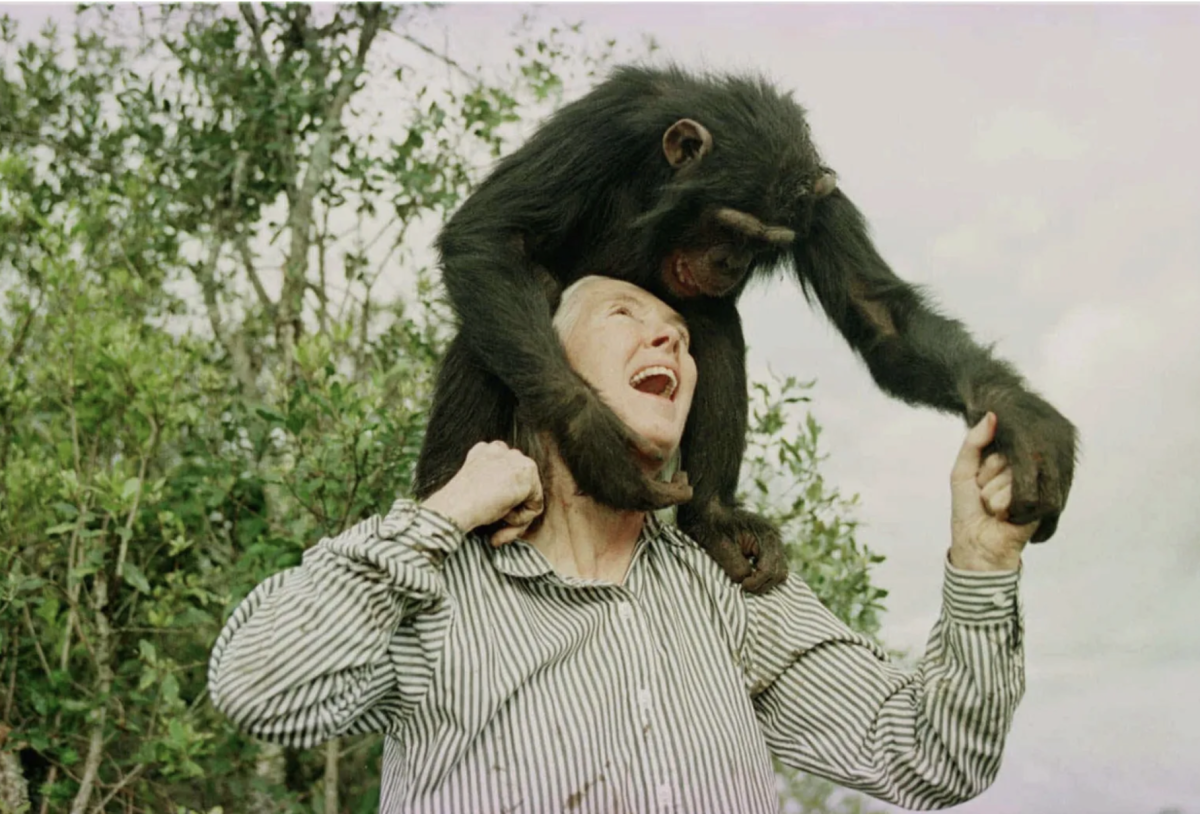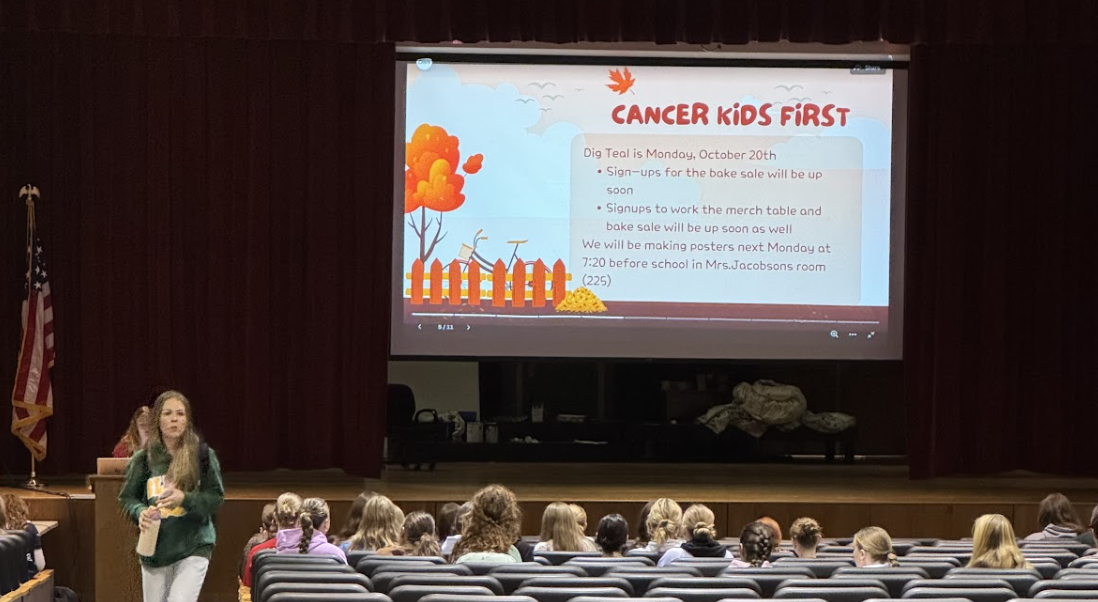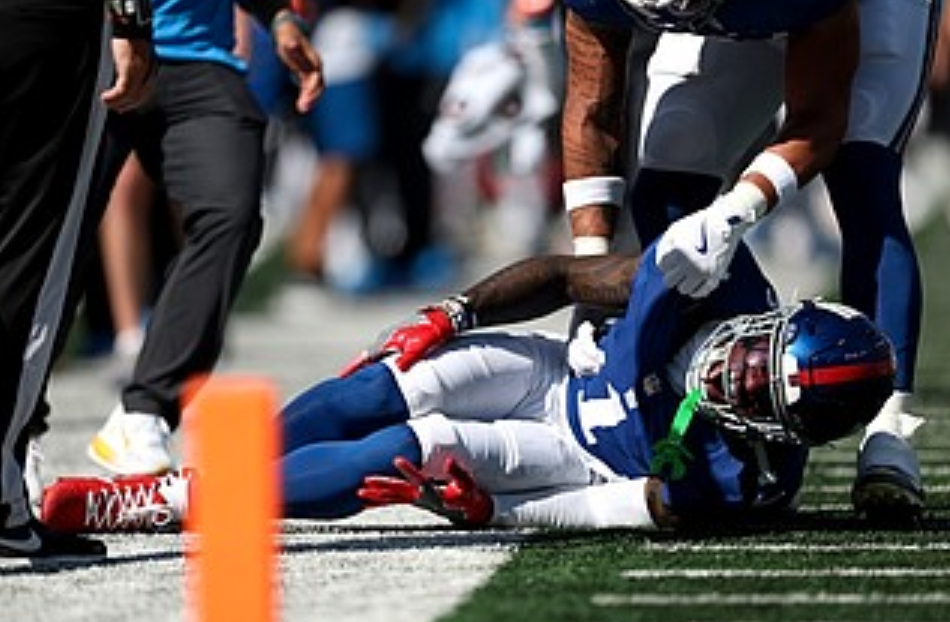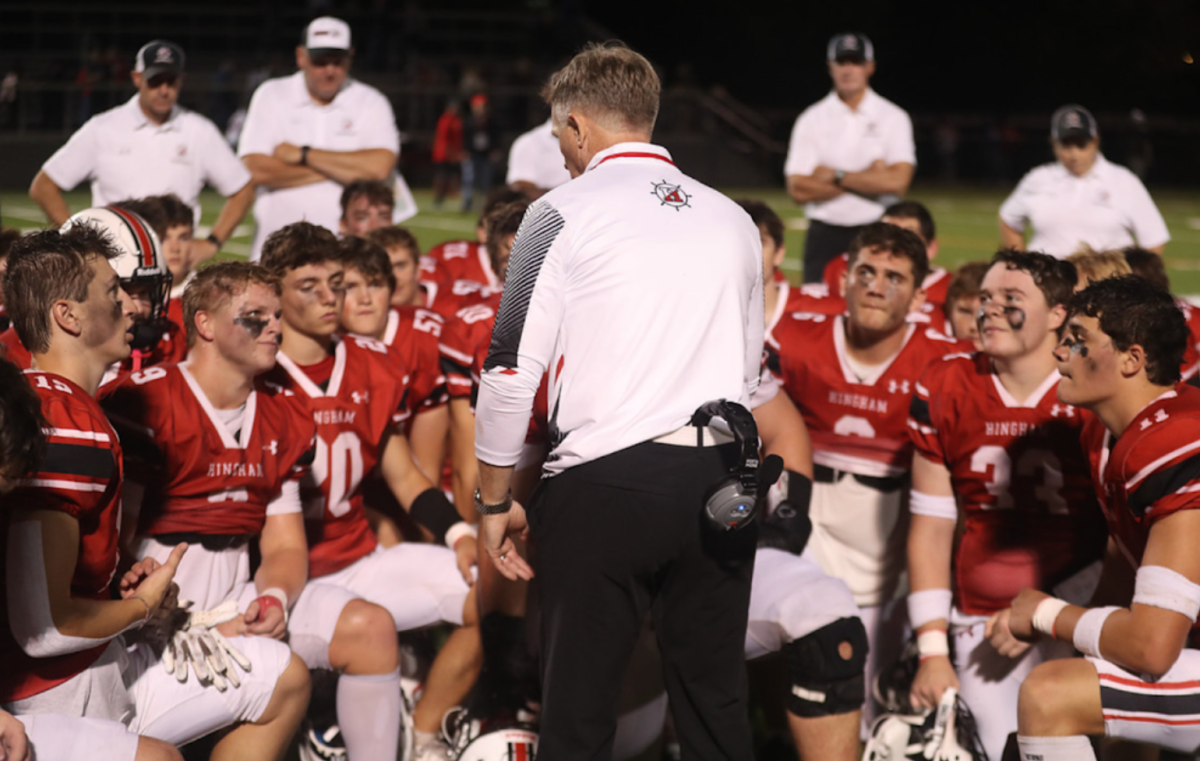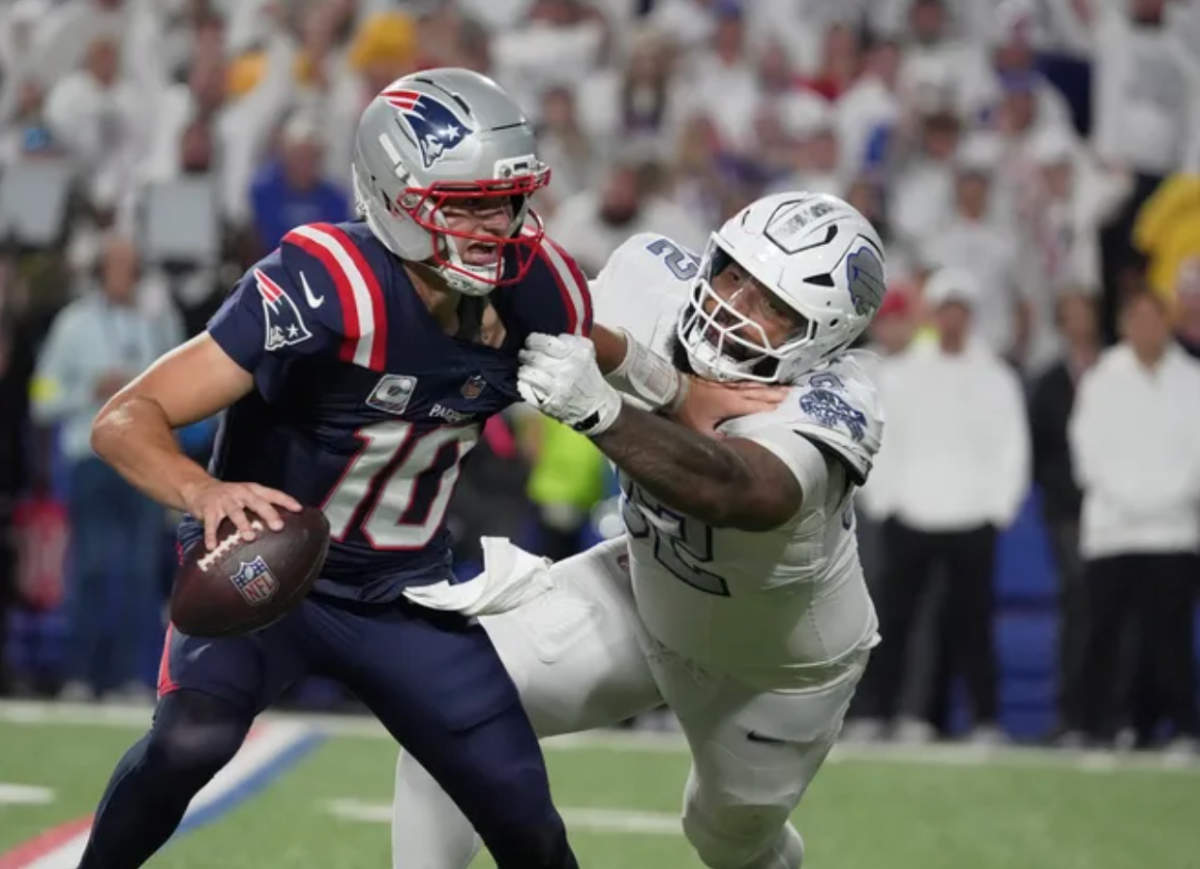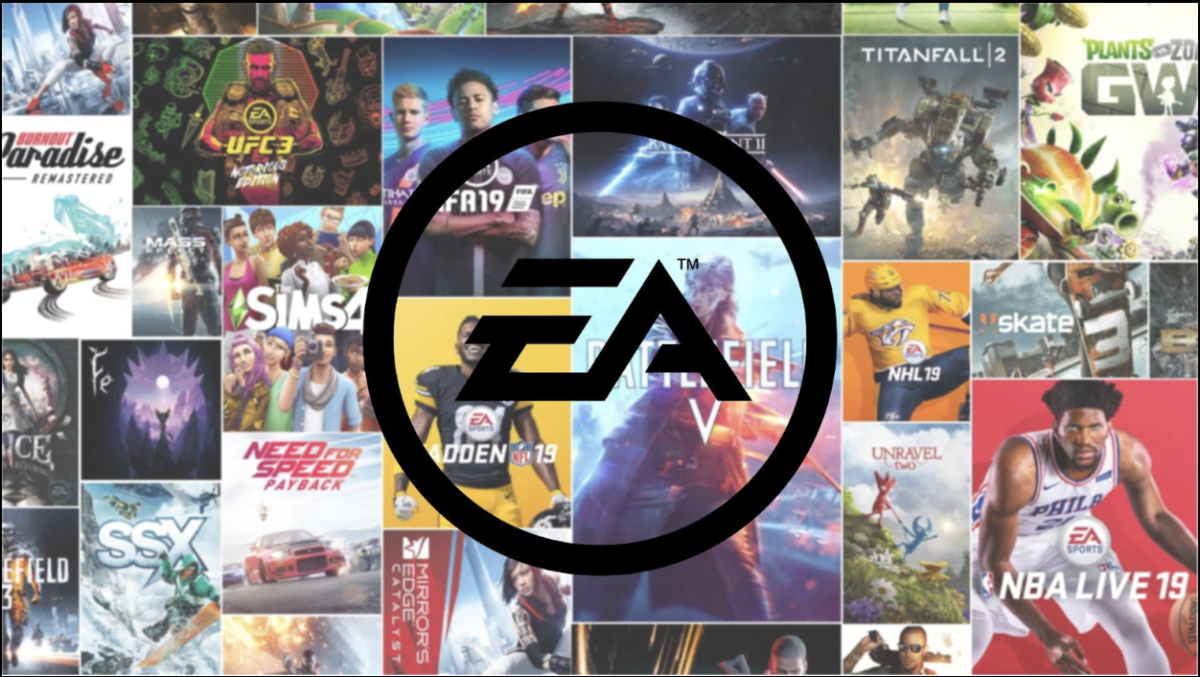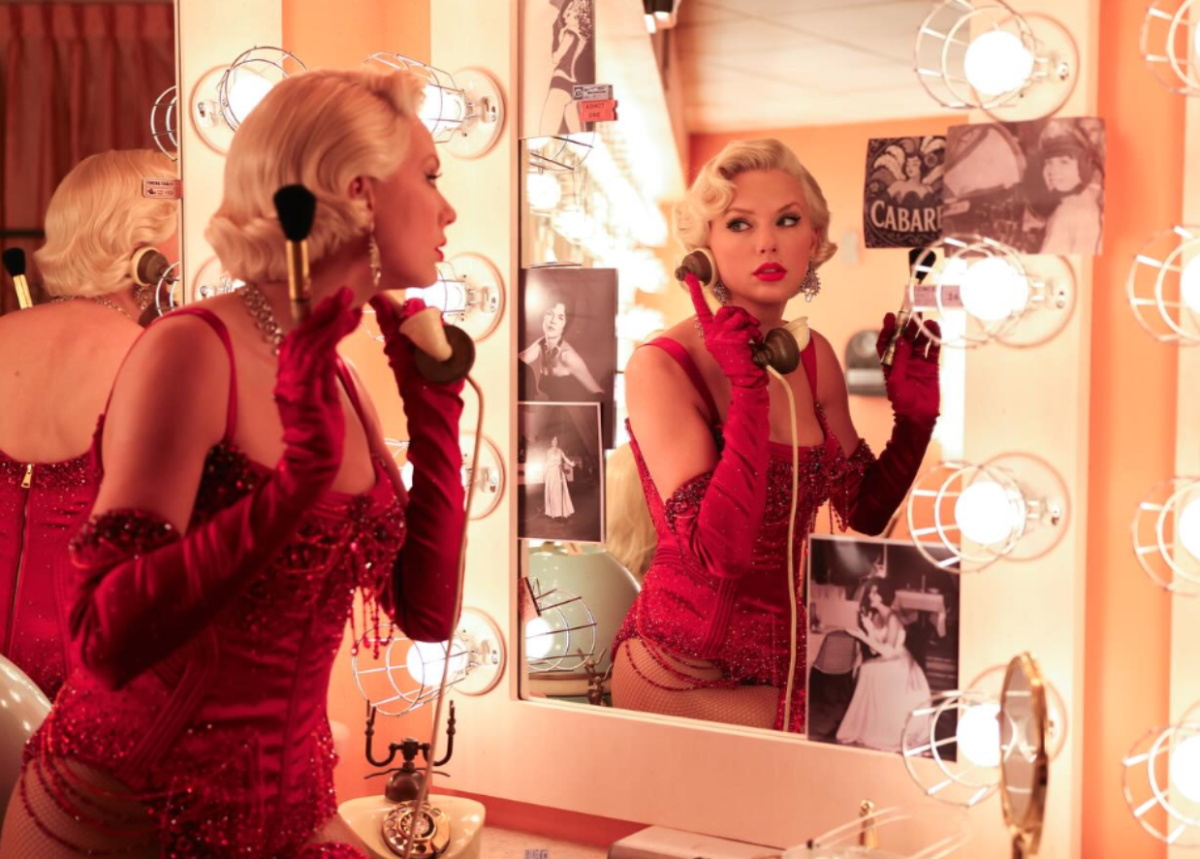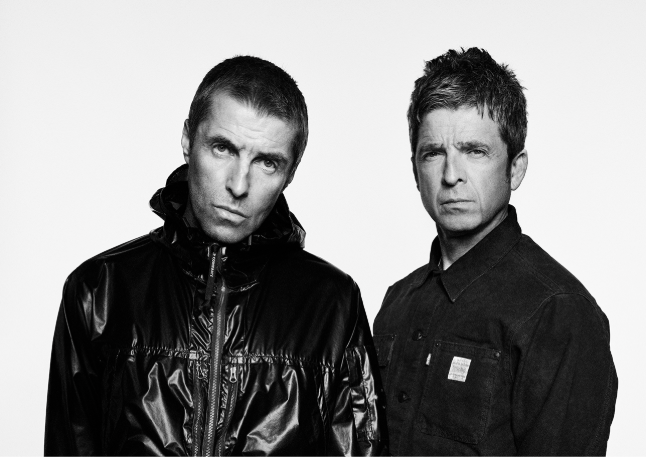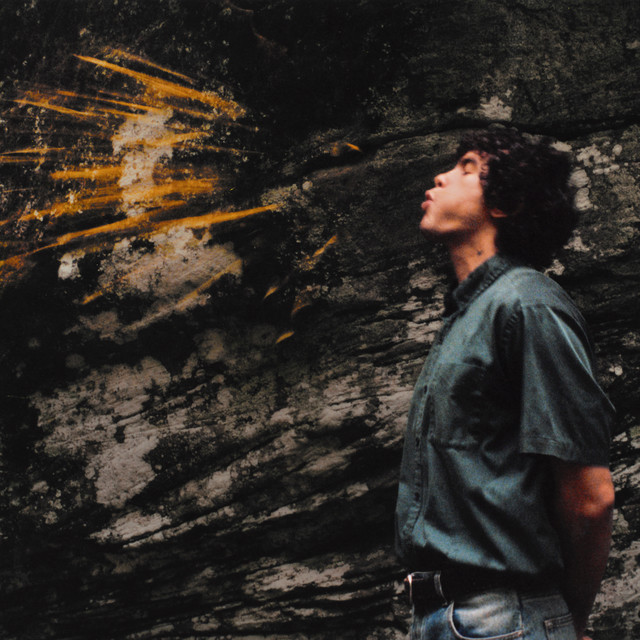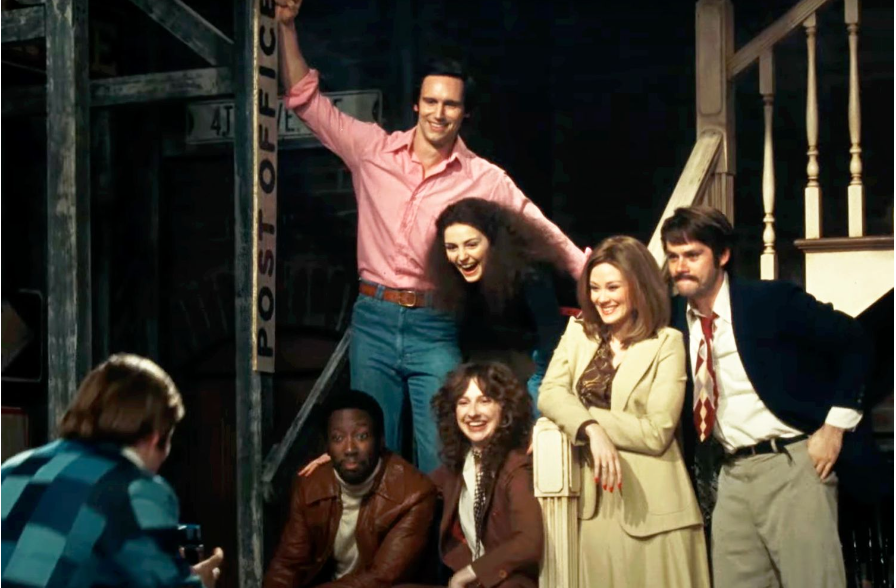A fire, actors attacking each other, a room full of writers declaring themselves to be Satan, lights falling, sexual harassment, a crew in open rebellion, musicians as high as a kite, a star who won’t sign his contract minutes before the start of the show, and a llama, are just a few of the things one is treated to in the 109 minute runtime of the 2024 film Saturday Night. It may seem like the aftermath of a hurricane, but believe it or not, the above is actually the recipe for long term success on network TV.
For those who do not know, the late-night comedy show Saturday Night Live first aired on NBC on October 11th, 1975, and has had a season of live episodes on Saturday nights every year in the 49 years since its precarious debut. ‘Saturday Night’ is the story of the chaotic 90 minutes leading up to that fateful first episode.
As the show has grown and evolved over the years, the legend of the early days of SNL has only grown. With each generation of comedians who grew up on the show, and have filled its ranks in the near half century since its inception, the culture and fascination around SNL has become more akin to that of rock stars than of a television show, as the program’s unique ability to appeal to a younger demographic keeps it relevant enough to carry on. Amidst this nostalgic haze for the time when SNL’s unique breed of comedy was young, Sony Pictures sought to capitalize, pushing forward a project about just that.
Directed by none other than Jason Reitman, son of famed 80s comedy director Ivan Reitman, who worked with such notorious SNL cast members as Dan Aykroyd in his Ghostbusters franchise, this movie does deliver on the basis of a younger generation expressing their appreciation of what came before, offering their best interpretations of what their parents’ comedic icons must have been like when they were young. The result is a tremendously engaging hour and a half of watching some of the most promising young actors bounce off of each other, as every chaotic idea that comes into the heads of the creative geniuses they portray manifests as spectacular actions that infect every room of the studios with this fun, frenetic energy that one cannot resist but be intrigued by.
In the center of all of this is the closest thing to a protagonist Saturday Night provides, a young Lorne Michaels played excellently by Gabriel Labelle, who captures the determination, genius, and naivete necessary for a dreamer to achieve success, as he navigates the atmosphere of chaos necessary to revolutionize what could be shown on a TV screen. Likening his show to the first one of its kind produced by the generation that grew up on TV (presumably the Baby Boomers born in the middle of the twentieth century), Lorne Michaels always has a revolutionary mindset, if not a tame attitude, where he presents himself as a calm, level-headed curator of the wild countercultural talents he’s collected from all around. Out of this young countercultural edge, characters from Andy Kauffman to George Carlin, from Billy Crystal to Jim Henson walk in and out of scenes, just another part of the chaos, who, like Billy Crystal, can suddenly be cut from the show regardless of their status as legends today. This atmosphere of desirable chaos is best portrayed through the editing of the film, as long tracking shots trade off with frantic cuts and shots that spin around the characters, as the ideas bounce from one brilliant mind to the next, until they get so complex that they merit a laugh, or an attack. Arguing like children and performing dangerous stunts, this movie reminded me how sometimes the most creative are those who let themselves play, and to do that, sometimes one must be a little immature.
But above all else, Saturday Night reminded me of the best parts of Saturday Night Live. The cast chemistry, the inside jokes, the wild creativity, the irreverence, the edgy comments that elicit laughter out of even the most jaded teenagers. All these elements contribute to the feeling that the world is crazy, but that craziness is not something to be afraid of, that craziness is fun.
However, in the past few years, there has been debate over how relevant SNL is anymore. In a modern climate that righteously prioritizes social equality and political correctness over creating harmful jokes that cross cultural lines, some comedians, such as Jerry Seinfeld, have in the past made the argument that the modern culture makes it more difficult to make the same kinds of jokes that were possible in the past, leading many to either adapt or struggle to be funny in the modern world. While some may argue that political correctness applied to comedy may stifle creativity, an alternative viewpoint is that political correctness creates a healthier environment free from hate, where creativity can naturally thrive. At the intersection of social justice and decline in youth interest in SNL, several HHS students had their own opinions on the subject.
Chris Hoppe, a senior at HHS, said that “It is a tricky line to walk. While politically correct comedy has obvious benefits in that it is not offensive and more accessible, it also significantly limits the creative license of a comedian. To me—as I have learned in satire and irony this year—it comes down to ‘punching up’ versus ‘punching down.’ Good comedy has to push the envelope to some extent, but when it starts “punching down” on vulnerable targets as opposed to ‘punching up’ to make criticisms against powerful and privileged groups, or when it relies on harmful stereotypes and hatred, it crosses the line.” So, with political correctness possibly being a positive development that raises the bar for comedy, are the days of SNL’s rowdy brand of edgy humor over?
Zach Kenigsberg, a senior at HHS spoke to this uncertainty in SNL’s future, stating, “Recently, I think the subscription you need to watch SNL changed and became more expensive, so now I do not have it. To be honest it is because my dad and I agreed that it was not worth it anymore. With that being said, we really like SNL, and I do not think it has gotten better or worse over time, it’s stayed about the same, though it alternates between great, good/average, and bad time periods. It has been relying on politics a lot lately, which I do not think is necessarily good or bad.” So, in other words, it is not the quality of SNL that has dwindled, but its accessibility. As SNL has evolved to lean more into political sketches for a very pivotal election season, so too has the show been affected by trends in streaming that have evidently decreased accessibility for families who are already paying for dozens of subscriptions. Perhaps if SNL were clearer with its broadcasting it could be more successful with teens who are interested in the show? Many students, including yours truly, also see many SNL sketches after the fact on social media websites such as YouTube, or Instagram, as much of modern entertainment content is consumed indirectly on social media. Regardless of how it is consumed, SNL has still retained a strong presence in pop culture, as its jokes, quirks and characters have generated enough interest for the movie about the show, Saturday Night, to be made.
In conclusion, after watching Saturday Night, I realized that it was never the offensive side that made early SNL so great, it was the cleverness and intelligence that went into the jokes to make them the hilarious one liners and scenes that live on in our minds today. And this continues with the show today, as with each generation, comedy matures. Once in a while we all need to laugh our troubles away.



